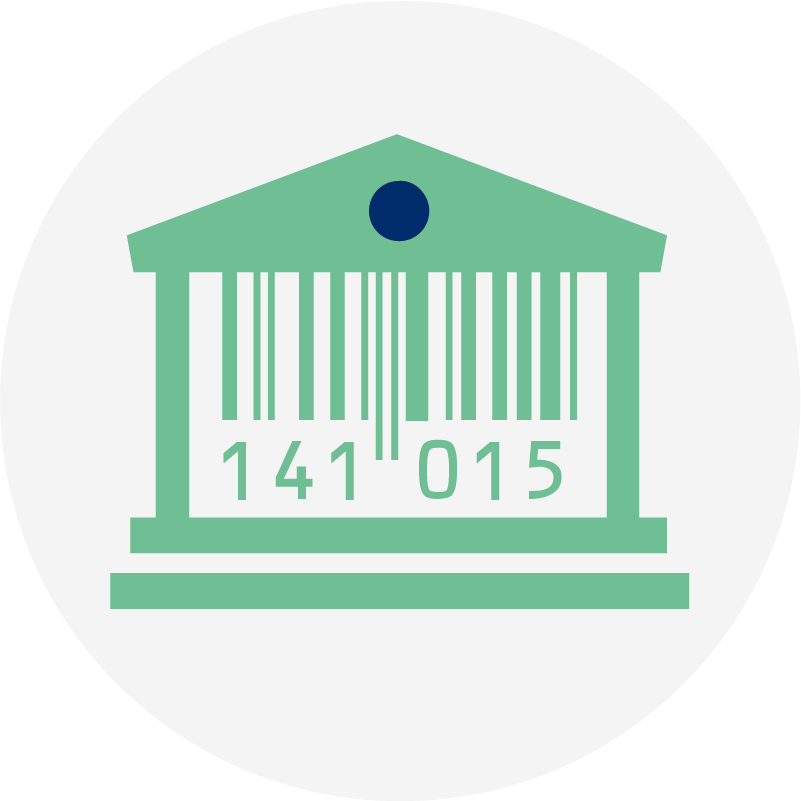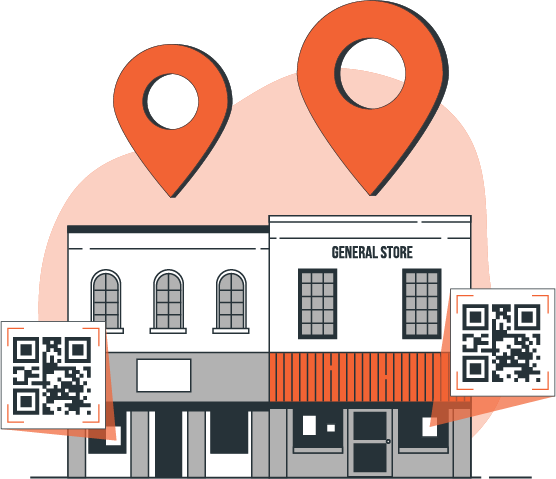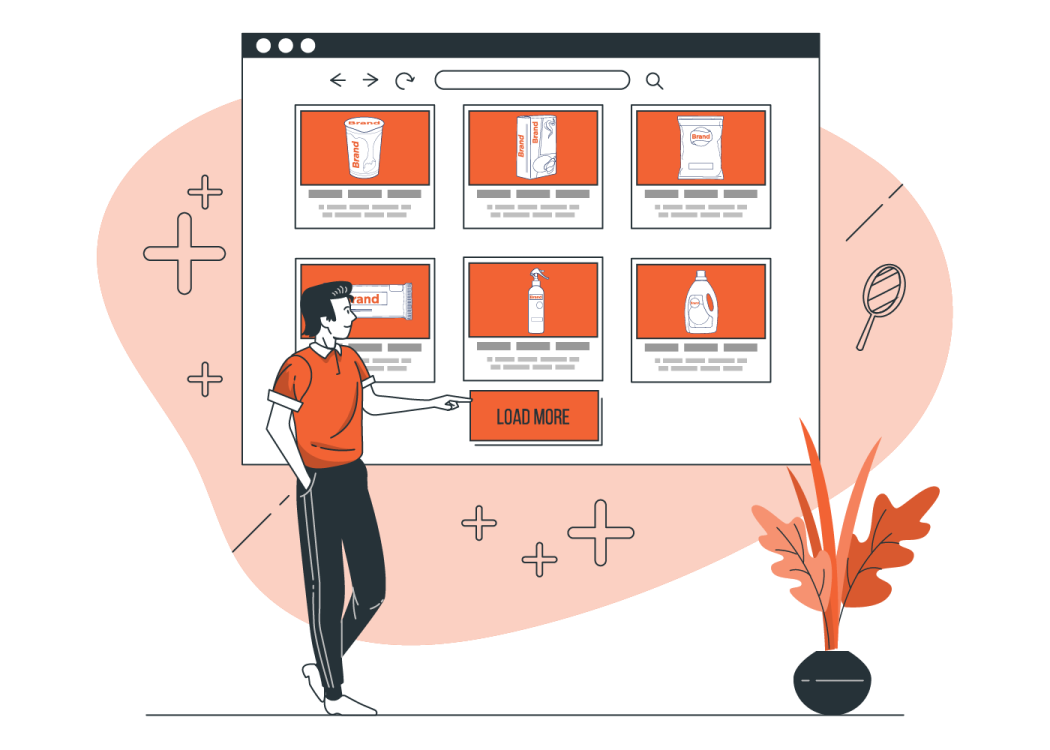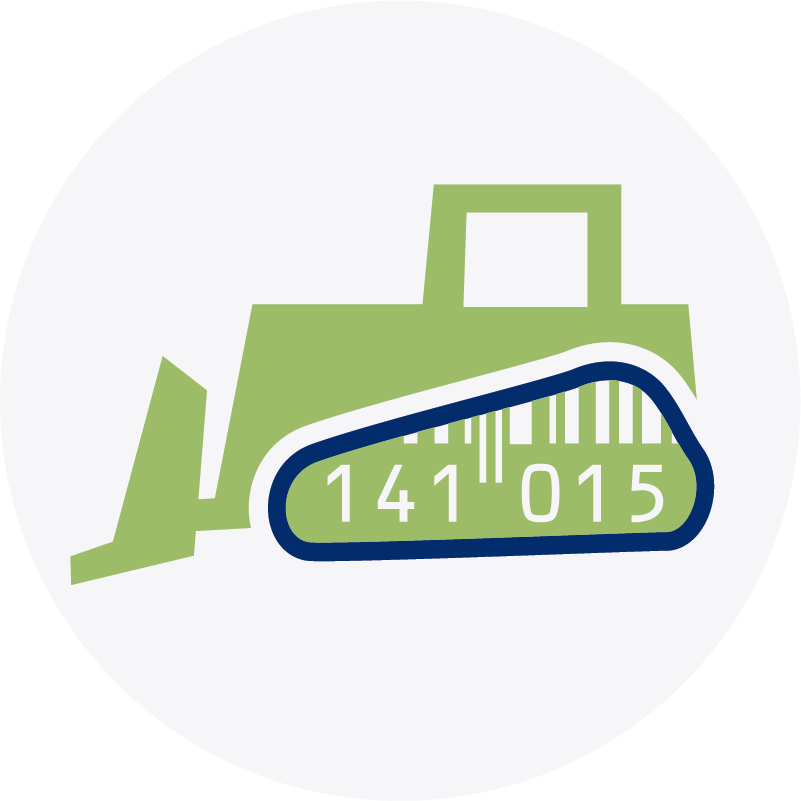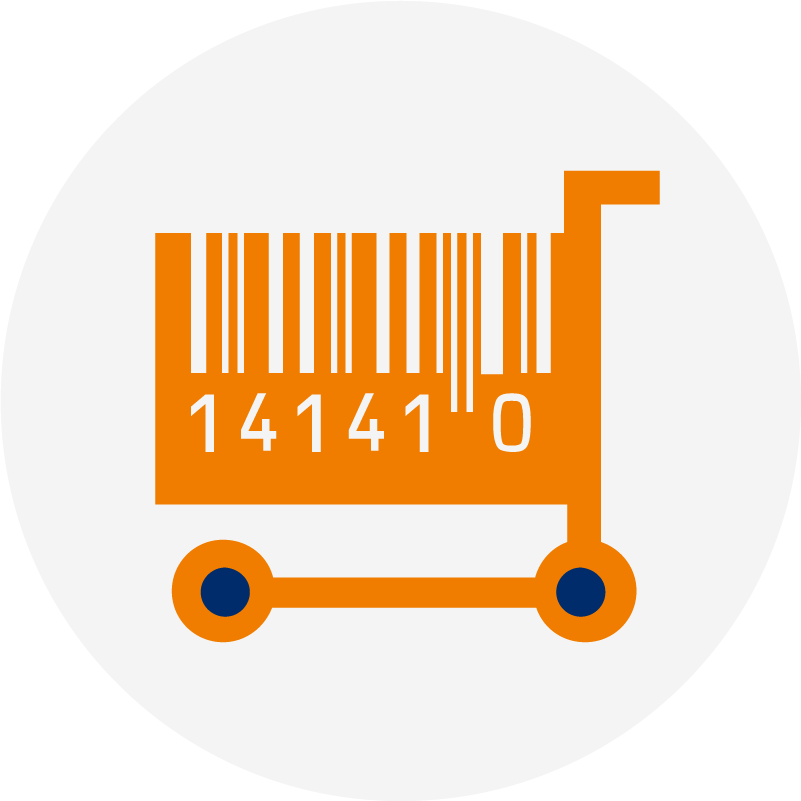Government
GS1 NZ is partnering with government, business and their communities to provide the global foundations for a digitised, sustainable future.
GS1 New Zealand enables government and industry to scale sustainably, safely and securely.
GS1 New Zealand works with New Zealand Government agencies by using the same standards private sector organisations use for border clearance, procurement and identification of products and places.
Global Data Standards (GDS) are instrumental in facilitating international trade. They give world class specifications to ensure data interoperability, transparency and efficiency.
GS1 supporting the New Zealand Business Number Ecosystem
A key initiative for the Government is the New Zealand Business Number (NZBN). The NZBN is a globally unique identifier available to all Kiwi businesses, including Sole Traders, Companies, Partnerships, Trusts, and other entity types. It uses a GS1 legal entity identifier, known as a Global Location Number (GLN).
In collaboration with Government agencies, over 750,000 businesses in New Zealand have an NZBN. Linked to each business’s NZBN is a set of core business information, known as Primary Business Data (PBD). This data is the information most frequently requested when transacting with other businesses or with the Government.
The NZBN acts as a trust anchor, which is essential for virtually every transaction across the economy, both digital and traditional. This makes doing business faster and easier.
GS1 Global Location Numbers assisting in the Government strategy
Organisation Parts enable businesses to extend beyond their NZBN (New Zealand Business Number) to identify various areas such as branches, departments, and locations. This facilitates easier connections and interactions with other businesses and government agencies.
Organisation Parts are GLNs (Global Location Numbers) that answer the questions of ‘who’ is involved in a commercial relationship and ‘where’ something or someone is at a given time (as seen in the Covid-19 location posters). GLNs also play a crucial role in cross-border trade.
The New Zealand Government is promoting eInvoicing, which automates and simplifies the exchange and processing of invoices by directly exchanging invoice information between buyers’ and suppliers’ financial systems, even if these systems are different. The identifiers used in the eInvoicing process can be GLNs, and if you use an Organisation Part, it is automatically linked to your NZBN.
The NZBN acts as a trust anchor, for the Organisation parts used in eInvoicing. This makes doing business smoother, faster, and safer by reducing invoice errors and delays, and helping to speed up processing and payments.
The National Product Catalogue - streamlining New Zealand business processes
GS1's National Product Catalogue is an online product catalogue that utilises global data standards for sharing product information between suppliers and Te Whatu Ora | Health New Zealand. The Health System Catalogue is New Zealand's primary source of information for clinical procurement and purchasing for all public hospitals.
Product recall management and food safety
GS1's ProductRecallNZ (PRNZ) service is a secure, online, 24/7 recall management solution that is used by New Zealand’s major supermarket retailers and the majority of NZ food & grocery suppliers. It allows users to react quickly and effectively in the event of a recall, to ensure high consumer safety and reduce any potential reputational risk.
PRNZ is a globally recognised system and is explicitly referenced in New Zealand Food Safety’s (NZFS) recall guidance as a way to combine and streamline process steps.
On Pack data collection
Our On Pack data collection is the largest food and grocery ingredient and nutritional database in New Zealand. It is used by Ministry for Primary Industries and NZ Food Safety. This critical information is used to development and monitor of food policy performance and food standards. Information from the database is used by major grocery retailers to thier online “digital twin” product information to enable consumers to make informed product decisions. Case study: On Pack Label Database
Supporting business growth and sustainability
Building and Construction
Across the world and in New Zealand, there is a focus on improving productivity and environmental sustainability outcomes in the building and construction sector as well as commitments to the circular economy. In New Zealand, we work with Government agencies and the Building Research Association of NZ (BRANZ) to implement GS1 standards in achieving these outcomes. Read more here
Transport and logistics
Scan4Transport (S4T) is the global standard for encoding transport and logistics data into a shipping label to support transport processes including first mile, sortation and last mile activities. Having a single logistics label for use worldwide for all transport modes has many benefits including enhanced supply chain visibility, one common shipping label for global use and streamlined parcel sortation processes. Read more here
Food traceability
GS1’s approach to enabling global supply chain traceability is focused on the use of open standards to provide visibility of objects that are relevant to regulators and trading partners. We work closely with governments and regulators across the world in developing global GS1 standards and guidelines to ensure foods and food ingredients imported into offshore markets meet food safety standards and requirements while protecting New Zealand exporters. Read case study

